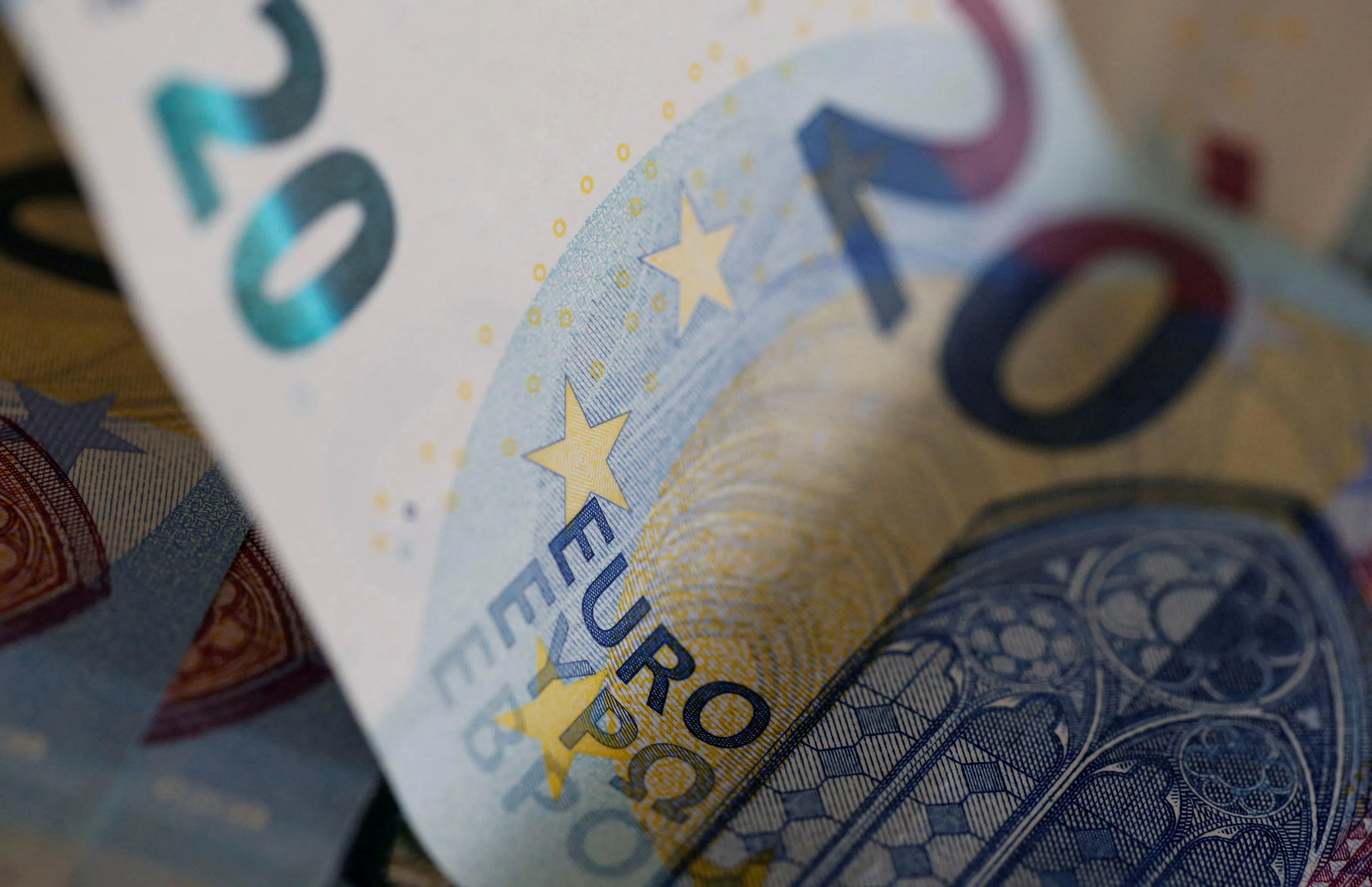DEEPENING political angst in Europe is likely to add fresh pressure on the euro after parliamentary votes saw leaders in France and Germany suffer losses, strategists said.
The common currency fell to its lowest in a month against the US dollar after French President Emmanuel Macron and German Chancellor Olaf Scholz were trounced by far right parties in European elections on Sunday (Jun 9) leading the former to call a snap legislative ballot at home.
The outcome is likely to inject fresh volatility in the world’s second-most traded currency, which was already under pressure after strong US jobs data on Friday spurred its biggest one-day drop since April as the US dollar surged.
Strategists are focused on the potential impact to France’s economic outlook in particular, should Macron’s ability to push through legislation become thwarted by the far-right cementing a foothold on power in the upcoming election. Investors may also start questioning European resolve towards closer fiscal and financial integration, according to Credit Agricole’s Valentin Marinov.
“This could be seen as a blow to the nascent euro-positive sentiment that has started to dominate the FX markets in recent weeks,” said the French bank’s head of G-10 FX research and strategy. “Any renewed widening of peripheral sovereign yield spreads to bunds could be seen as negative for the euro.”
The European currency fell 0.5 per cent to US$1.0751 on Monday. French bond futures slipped, underperforming their German peers.
GET BT IN YOUR INBOX DAILY
Start and end each day with the latest news stories and analyses delivered straight to your inbox.
Bullish bets
Leveraged funds had recently flipped to a net bullish position on the euro for the first time since August, according to the latest data from the Commodity Futures Trading Commission. The currency had strengthened about 3 per cent from an April low in advance of the European Central Bank’s (ECB) widely telegraphed interest-rate cut last week, as traders chose to focus instead on where policy might head next with inflation still high.
The ECB’s subsequent lack of guidance meant the euro would be more dependent on the evolution of US data and the Federal Reserve, Morgan Stanley strategists including Matthew Hornbach wrote in a Jun 8 note. US policymakers update their forecasts for interest rates on Wednesday for the first time in three months.
But now traders will also have to factor in political uncertainty to their wagers.
The common currency could fall to 1.05 per US dollar in the third quarter, said Alvin Tan, strategist at RBC Capital Markets in Singapore. “Political risks are rising for the euro again.”
OCBC strategist Christopher Wong is also keeping tabs on the developments, which he sees can have an indirect impact on policies such as providing aid for Ukraine.
“Election risk remains fluid,” he said. “The past decade has shown that a rise in far-right sentiment in Europe can undermine the euro.” BLOOMBERG



